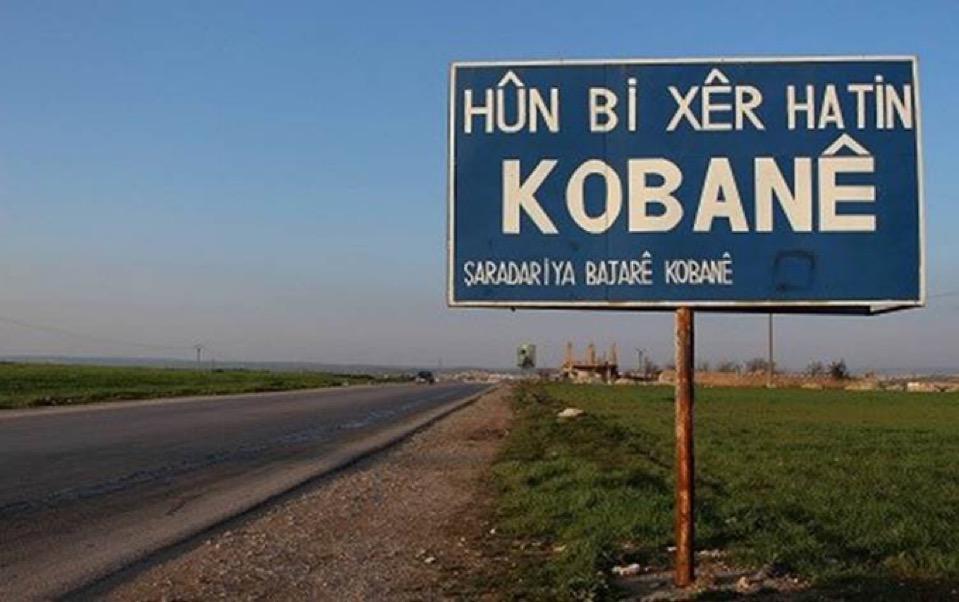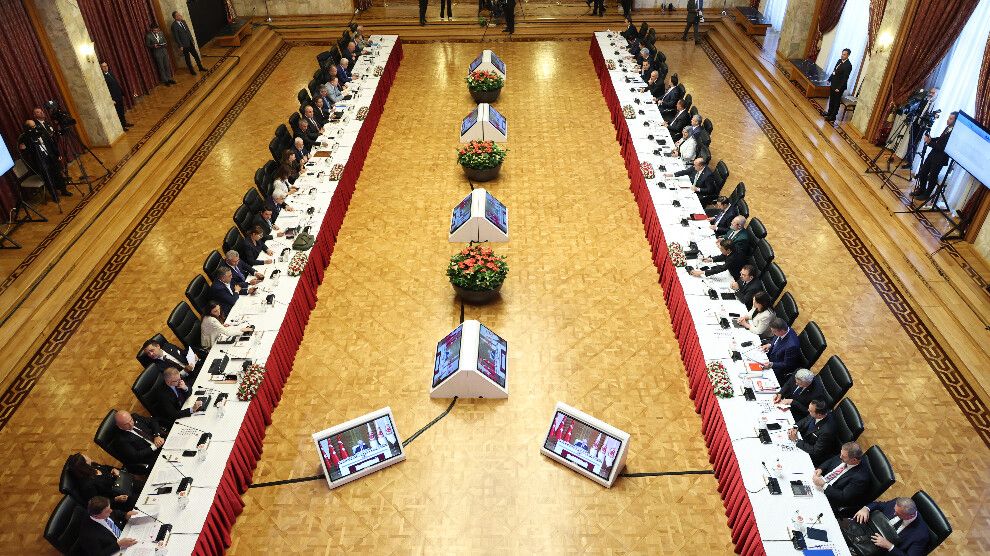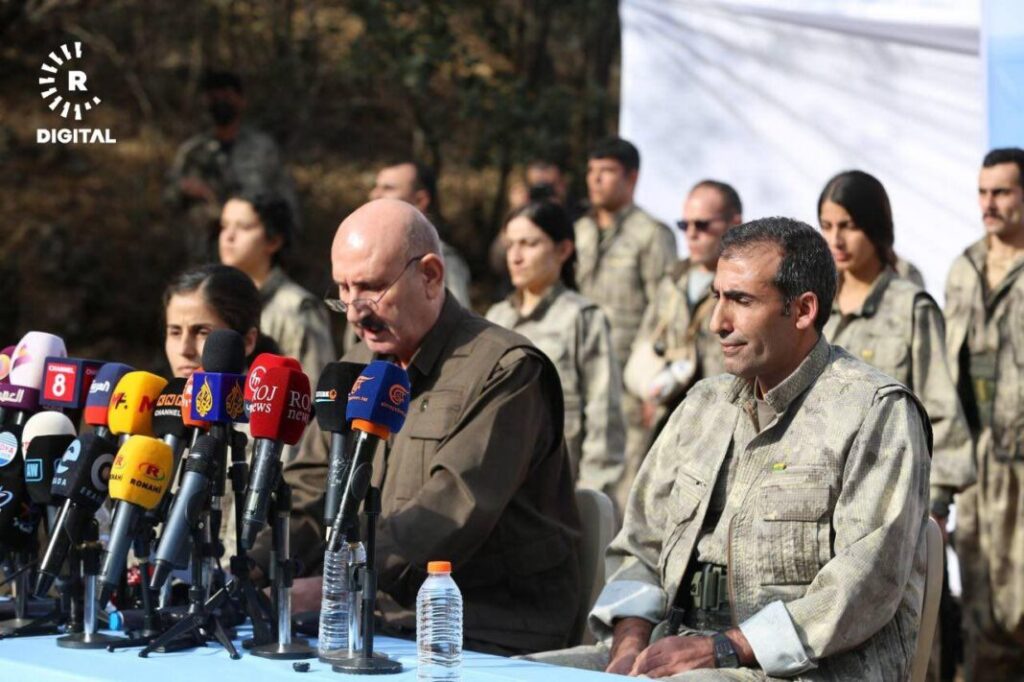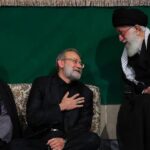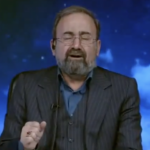Vahap Coşkun
The Turkish original of this article was published as Faili meçhullerin üstünü örtmek on 9th November 2015.
Early in the 1990s, the state opted for a radical change in its fight against the PKK. It was no longer going to bother with the “mosquitoes” but directly tackle and drain the “marshlands.” Neither was it going to be handicapped by the law, which was going to be shelved. Instead of feeling inhibited and de-motivated by little details like the constitution or other laws, the security forces were to be freed of all such shackles. What mattered was the survival of the state, in the way of which neither right nor law nor freedom nor the citizen could stand.
So the state bulldozed its way into the field. It directly targeted the people. It audaciously took every single step that it regarded as conducive to success without any heed as to whether it might be legal or not. It set fire to houses, evicted people from their villages, committed extra-legal murders. There emerged “gangs” within the state. Torture became routine. Kurds were thrown into acid wells. Even the mildest oppositional voices were hushed, and political parties were banned. Members of parliament were assassinated in the middle of the street, in broad daylight. Newspaper offices were bombed. Even the National Assembly was violated as the legitimately elected representatives of the people were rudely seized and manhandled into custody.
What was carried out was state terror in the fullest sense of the word. And it resulted in nothing but absolute horror. Millions of Kurds were subjected to forced emigration. Those who were brutally uprooted from their homes and lands became the dispossessed poor in towns and cities. Thousands fell victim to anonymous, unsolved murders.
“Heroes”
Those who were inflicting such brutality on the Kurds were praised and rewarded as “heroes shooting up the enemy on behalf of the state.” Such heroes on whom [then PM] Tansu Çiller kept showering “honor” did not shrink from committing the most heinous crimes. They observed no limits. For they believed that they would never be put on trial. Whatever they did, they were going to get away with it.
But after a while, things began to change. The dark clouds that had gathered began to be dispersed here and there. Those thought untouchable began to be touched. Charges were brought and many court cases launched. Among them, the case against “Temizöz and others” was of special significance. It had to do with meting out justice to those responsible for the disappearance or extra-legal execution of 21 people in Şırnak-Cizre over 1993-1995. It was emblematic of the effort to settle accounts with the past.
The trial began in Diyarbakır in 2009. The public prosecutor asked for the accused to be found guilty and sentenced. Then the case was moved to Eskişehir on security grounds. The public prosecutor submitted a new opinion asking for the accused to be acquitted. The court decided to go along, and acquitted Temizöz (for whom nine separate life sentences without parole had been initially demanded) as well as all others.
Blood-money
After the verdict, I spoke with Counsel Gülçin Avşar, who had been following the case very closely. Among all the various “anonymous murders” trials that had been started, the Temizöz Case was the one that was based on the strongest evidence, Ms. Avşar emphasized. In this case, all the secret witness depositions, the confessions of the accused, and the physical evidence coincided, she noted. A non-guilty verdict in the face of such evidence, Avşar asserted, was “a travesty of justice.” According to Avşar, the fact of an acquittal in this case means that nothing else can be expected in all the other ongoing “anonymous murder” trials.
The Temizöz Case, indeed, has not been a first in this regard. Recently, many court cases revolving around crimes committed by state officials (such as Kemal Alkan and Ali Osman Akın, Musa Çitil, and Mete Sayar) in the 1990s have resulted in “not guilty” verdicts, and soldiers accused of crimes against humanity have been acquitted.
Here, clearly, the attitude of the government has been decisive. After falling out with the Gülen Congregation, the AKP has moved closer to and started collaborating with players belonging to the old establishment. All these successive acquittals are like some kind of blood-money that has had to be paid fr such cooperation. But the AKP should not forget that covering up for these anonymous murders, and obstructing justice for those who have spilled innocents’ blood, has never brought any good to anybody. Neither will it do so for the AKP.
Yazıyı beğendiysen, patronumuz olur musun?
Evet, çok ciddi bir teklif bu. Patronumuz yok. Sahibimiz kar amacı gütmeyen bir dernek. Bizi okuyorsan, memnunsan ve devam etmesini istiyorsan, artık boş olan patron koltuğuna geçmen lazım.
Serbestiyet; Türkiye'nin gri alanı. Siyah ve beyazlar içinde bu gri alanı korumalıyız. Herkese bir gün gri alanlar lazım olur.





